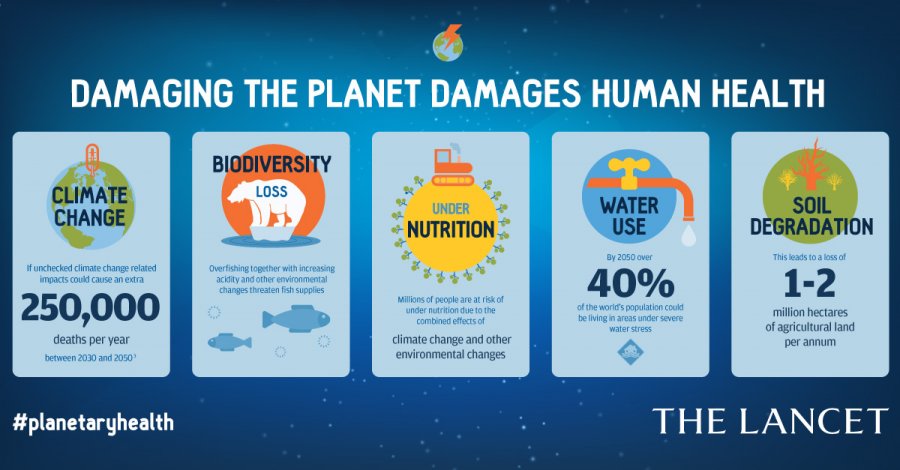The Nature of Sustainability
Aug 9th, 2020 | By admin | Category: Environment/SustainabilityBy Geoffrey Holland, guest writer for Transition Earth.
Over the years, I have tried to be a student of good planetary stewardship. The ultimate prize is a humanity that functions in harmony with nature. This is what comes when what we take from the biosphere balances out with what we give back to it.In the U.S. and in other economically advantaged countries, People mostly take for granted their supply of fresh water, the ready availability of inexpensive food, cheap energy to heat our homes and power our transport options, and esthetically pleasing and healthy living environments. Up until recent decades, we were also accustomed to living with minimal risk of extreme, destructive weather, and other forms of destabilizing environmental threats.
That was then; this is now. Now, we have the COVID-19 pandemic; millions infected; a hundred sixty thousand American casualties, with no end in sight. We have tens of millions of people out of work. Our economy is on life-support. Our politics are in disarray. More than a few people, and I am one of them, believe that what we are experiencing is a global scale wake-up call from nature.
These days, the natural systems and resources that we count on for stability in our lives are under siege. If the Earth was a bank with a fixed amount of equity assets, healthy living would equate to getting along on just the interest generated by that equity. In fact, our consumption goes way beyond that. We are drawing deeply into the Earth’s resource equity, and putting economic stability and our lives at ever greater risk because of it.
It doesn’t have to be that way. We can shape our lives to be in balance with our planet’s ability to provide. We can, but it requires making some hard and some not-so-hard choices on a local, national, and a civilization scale.
We are using up our fresh water. We are sucking the life out of our oceans. We are stripping our living landscapes bare. We are on a truly reckless path with the only home we have.
Energy is a very big sore spot on Planet Earth. The human consumption of fossil hydrocarbons like coal and oil has put our atmosphere in a perilous state. Climate change is driven by human lifestyle habits; not just the burning of dirty forms of energy, but also our ever-expanding appetite for animal flesh. These days, the sun, and the wind are inexhaustible in supply. Moreover, both residential-scale and massive commercial-scale technologies are now available to convert solar and wind energy into heat and electricity at costs that are cheaper than the dirty energy we’ve depended on since the beginnings of the industrial age.
There is also a personal lifestyle decision that could dramatically reduce the 80 million tons of methane produced annually by the livestock animals we consume. The answer is simple: eat less beef, pork, and poultry. The less, the better. Keep in mind that methane is twenty to eighty times more potent as a greenhouse pollutant than carbon dioxide. Even a small cut in a person’s animal protein consumption, if widely adopted, could really make a difference. It’s an easy and also a healthy way to live.
Sooner or later, humans will get past the pandemic. We will get to the right side of history. We can and will learn to live in harmony with nature. We already have the technology to take us there. This much is clear: the longer we put off a transition to a life-affirming path, the bigger the mess we leave for future generations.
We do not exist separate and superior to nature. If we are going to build a future worthy of our species, a sustainable future, living in harmony with the gifts of nature, we the people must wake up, step up, and demand the fundamental, life-affirming transformation that we very much need.
_________________________
Geoffrey Holland is a long time writer/producer, and lead author of The Hydrogen Age. He is Dialogue Coordinator for the Stanford Millennium Alliance for Humanity and the Biosphere.

![[Photo: Wikimedia Commons]](http://populationgrowth.org/wp-content/uploads/2020/08/Earth-Erde-300x290.jpg)
